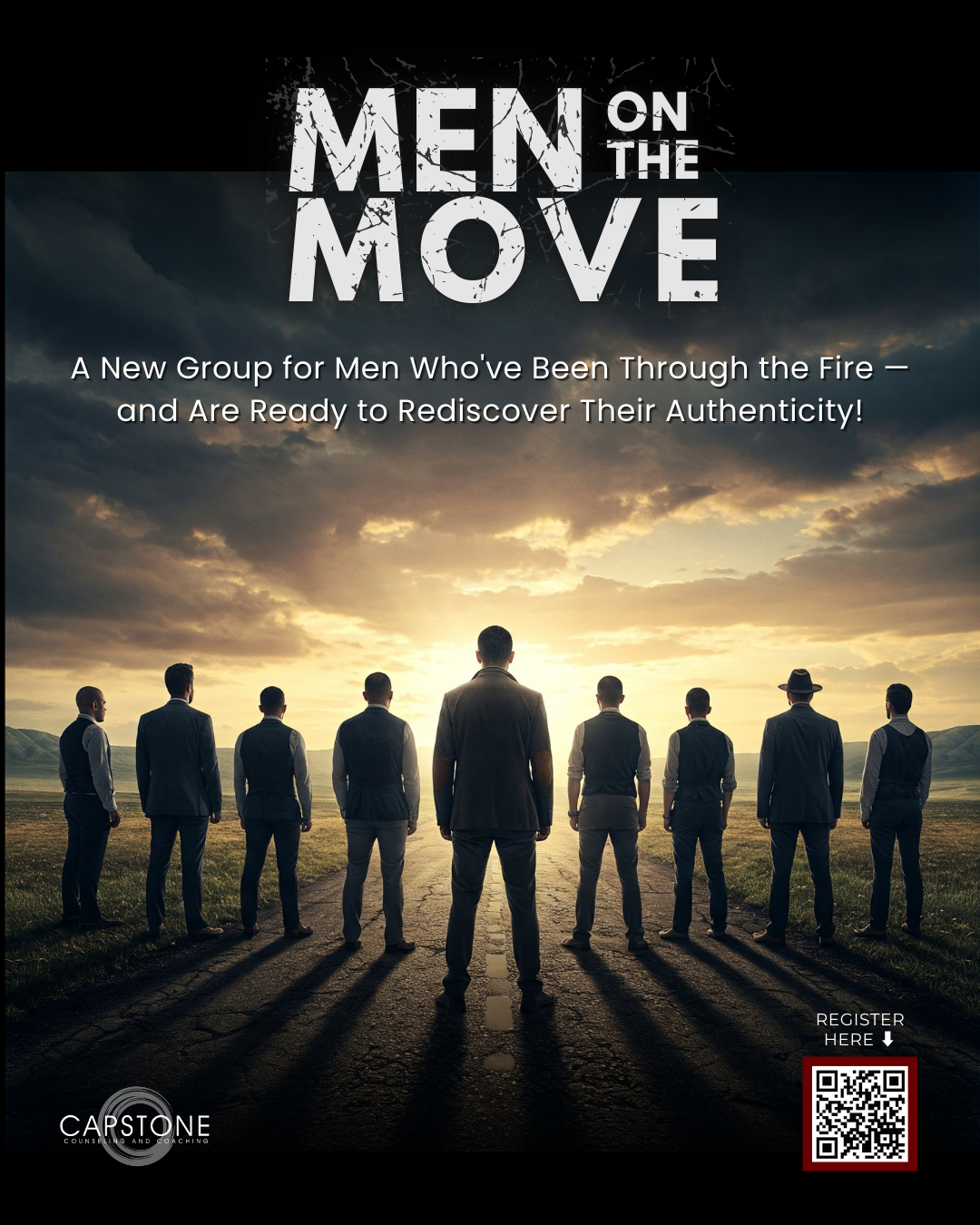Is Your Relationship Healthy Enough to Get You Through Thick and Thin?

Loyalty is a Key Component to a Long-lasting Relationship
Once upon a time, your relationship likely felt like it was the beginning of your happily ever after. After all, most of us make a commitment because we feel happy, safe, and in love.
Fast forward a couple of years. The quirky things you used to love about your partner now seem to be annoying. Likewise, the butterflies you felt on your wedding day seem to be fading away. Although you're committed, you're beginning to wonder if the magic is gone forever (verywellminded.com).
The good news is, butterflies are not a critical component of a long-lasting relationship. In fact, for most of us, the euphoric response goes away after daily exposure to anything over time. One key to forever is dedication and loyalty to one another.
Couples committed to each other are more likely to look for solutions when times get tough. The same is true for seeking new ways to maintain affection and intimacy.
Trust within the Relationship is Critical to Success
Trust is the foundation of relationships. After all, we open ourselves up to heartache when we decide to open our hearts to loving someone. To trust someone means you feel safe, emotionally, and physically. Successful couples rely on a high level of trust within a relationship. If your partner violates your trust, feelings of betrayal can instantly destroy your foundation.
The good news is, many couples can repair and rebuild their relationship. If you are trying to overcome feelings of betrayal and work towards regaining trust, we can help (goodtherapy.org).
Respect Is Vital to a Healthy Relationship
Healthy, successful couples have disagreements (psychologytoday.com). While the frequency of the arguments may vary, how you handle them is what's important. The key to success is finding ways to respect each other, even amid disagreements.
As a couple, if you're struggling to maintain respect during the heat of the moment, hope is not lost. In fact, it's never too late to learn how to disagree amicably. Keep in mind; it's not the differences that are putting your relationship in jeopardy; it's how you handle your differences.
Maintaining a Sense of Self within a Relationship
Another essential component of a lifelong relationship is maintaining your sense of self.
As you began dating one another, you had your own set of hobbies, opinions, and goals. Over time, couples may shift their hobbies and views to align with their partner. The key to success is that the shift of change is by choice rather than by force.
Relationships can be fulfilling in many ways. For example, relationships often contribute to our self-esteem and identity. Yet, losing our sense of self can lead to a toxic dependency on our partner to 'make us happy.' This idea can be destructive because we are responsible for our own happiness.
Creating a lifelong relationship comes as you work toward uniting as one team. Loyalty, trust, respect, and maintaining your sense of self are components of success.
If you and your partner want to improve your relationship, our therapists are eager to meet with you. At Capstone Counseling and Coaching Atlanta, we help couples learn how to communicate and overcome obstacles. We can help you too.
Let's discuss some of the crucial components of a long-lasting relationship.
"}},{"@type":"Question","name":"How do you know if you're experiencing a trauma trigger?","acceptedAnswer":{"@type":"Answer","text":"Many people are living with unresolved trauma. As a result, many experience unmanageable physical or emotional reactions to specific situations. Some may not recognize the cause of a trauma trigger or realize the deep impact the trauma left behind. In today's social and political climate, mental health issues are on the rise. Many are experiencing trauma triggers and living with the side effects. In this article, we'll help you learn how to identify a trauma trigger and suggest some tools to help you cope with your triggers. What is a trauma trigger? First, it's essential to know what trauma is and how it can affect you. Trauma is the result of any life-threatening or terrifying experience. Typically trauma causes severe psychological distress. As a result, those who experience trauma may be living with intense grief, anger, guilt, or anxiety. Many trauma survivors develop PTSD. People who survive trauma may not realize the impact the event left behind. For many, they experience a time of shock or denial. As a result, they believe they have processed the trauma and that everything is fine. However, all it takes is a trauma trigger for that moment to come rushing back in. A trauma trigger commonly transfers a signal to the brain through one of the five senses. You may see, smell, or hear something that triggers the brain back into fight or flight mode. In an instant, you're reliving the event as if it's happening at the moment. Flashbacks can be as terrifying as the original traumatic event. A trauma trigger can come out of nowhere. Likewise, a trauma trigger can cause uncontrollable physical or emotional reactions. Unresolved trauma can lead to unhealthy coping skills, such as addiction. Yet, with help, traumatic events can be processed and resolved. As a result, peace and happiness can return. How to identify and cope with a trauma trigger As you begin to process your trauma, it will become necessary to identify what a trauma trigger feels like. An accelerated heart rate is one common physical reaction. Other symptoms include shaking, sweating, or shallow breathing. Likewise, emotional reactions include feelings of intense anxiety, fear, or helplessness. As a result, triggers can lead to depression, sleeplessness, irritability, and hopelessness. However, there are tools you can use daily to cope with your trauma. Exercise and healthy eating and sleep habits can lower the intensity and frequency of triggers. Another beneficial tool you can turn to is writing. Writing down the details of your experiences is an excellent way to let your emotions out. Finally, there are therapeutic coping skills such as grounding, mindfulness, and deep breathing. Over time, it gets easier to stay in control when you're triggered. Likewise, you can teach your brain not to react to triggers. As a result, both emotional and physical responses to triggers can become manageable and even avoidable. At Capstone Counseling, we are here to help you heal from any trauma you may have experienced. We're eager to help you identify your trauma triggers and teach you healthy coping skills. You don't need to suffer in silence anymore. Call us today.
"}},{"@type":"Question","name":"How can you overcome betrayal trauma and regain a connection in your relationship?","acceptedAnswer":{"@type":"Answer","text":"Through the course of betrayal trauma, the connection seems to disappear. The path to healing will take you through feelings of disappointment, anger, fear, and pain. Yet, it is possible to heal. Most couples can reconnect and have a fulfilling relationship.
"}}]},{"@type":"WebPage","name”:”Capstone Counseling and Coaching,”speakable":{"@type":"SpeakableSpecification","cssSelector":[".answer-speakable"]},"url":"https://www.capstoneatlanta.com/”}]}













